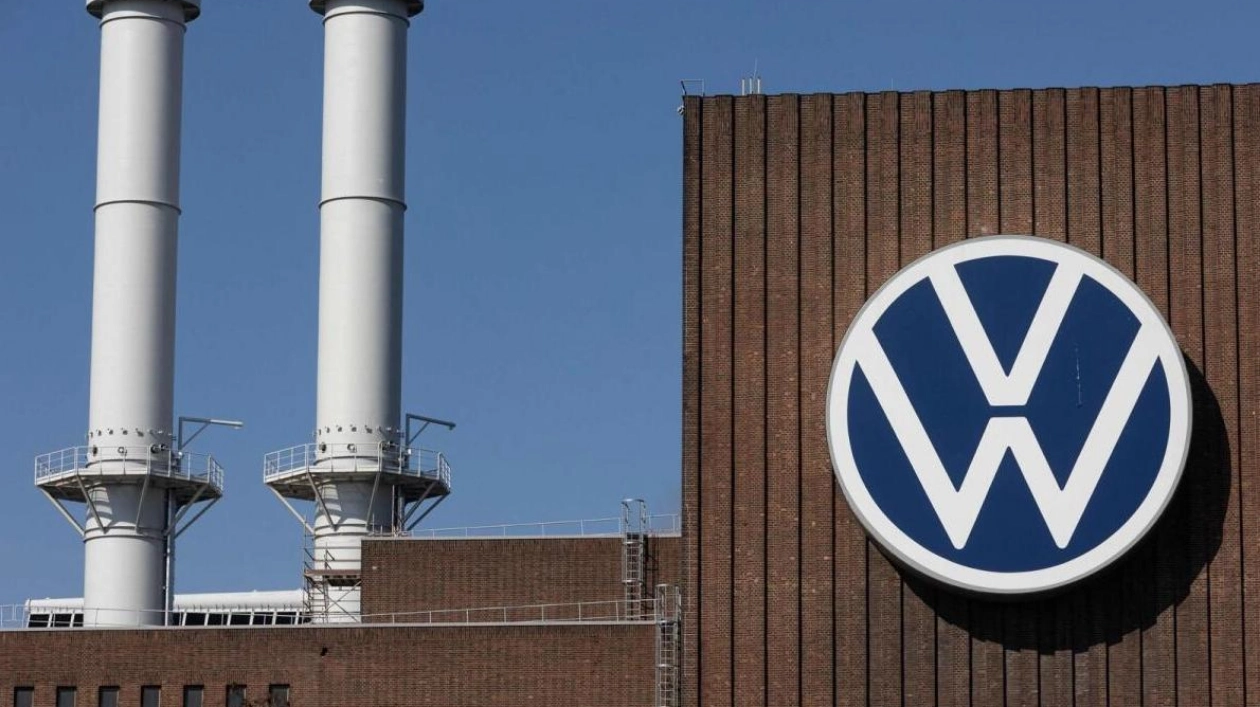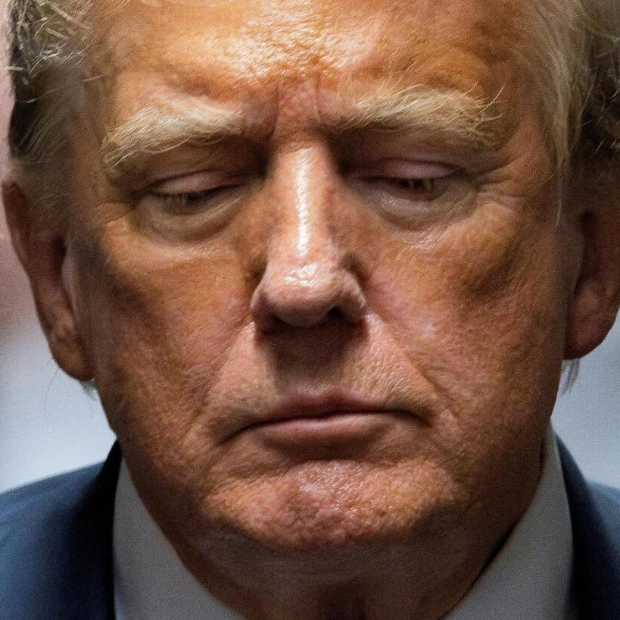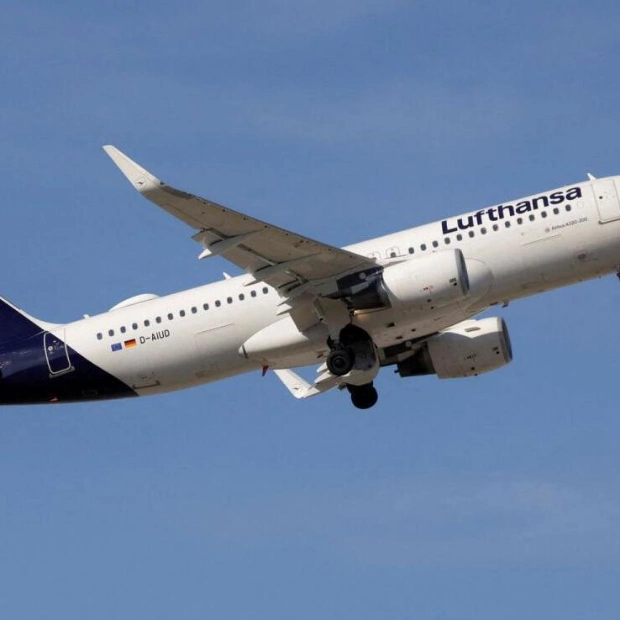Volkswagen is contemplating the closure of its factories in Germany for the first time, a decision that underscores the increasing competitive pressure from Asian competitors on Europe's leading automaker. This move signifies the initial significant conflict between CEO Oliver Blume, characterized by analysts as a consensus-builder compared to his predecessor Herbert Diess, and the influential unions at VW. The company's works council has identified one major vehicle plant and one component factory in Germany as outdated and has pledged 'fierce resistance' to the executive board's proposals. CFO Arno Antlitz and Volkswagen brand chief Thomas Schaefer are scheduled to address employees at a works council meeting on Wednesday. Daniela Cavallo, head of Volkswagen's works council and a member of the powerful IG Metall union, anticipates CEO Blume's involvement in the negotiations and describes the upcoming meeting as 'very uncomfortable' for the management. IG Metall has previously blocked more fundamental changes, notably in 2022 when Diess left as CEO. Potential closure targets have been identified in Osnabrueck, Lower Saxony, and Dresden, Saxony, with Lower Saxony, Volkswagen's second-largest shareholder, supporting the review. Volkswagen, employing approximately 680,000 staff, has also decided to terminate its job security program, in place since 1949 and preventing job cuts until 2029, with all measures to be discussed with the works council. IG Metall highlights that the job security applies to Volkswagen plants in Wolfsburg, Hanover, Braunschweig, Salzgitter, Kassel, and Emden. 'The situation is extremely tense and cannot be resolved by simple cost-cutting measures,' Schaefer stated. Volkswagen, driving most of the company's unit sales, is the first brand to initiate a cost-cutting strategy aiming for 10 billion euros in savings by 2026 to streamline spending for the transition to electric cars. Blume emphasized the need for more action due to a challenging economic environment, new European rivals, and the declining competitiveness of the German economy. Volkswagen's shares rose 1.2% following the news, despite the company losing almost a third of its value over the past five years, making it the poorest performer among major European carmakers. The company faces significant challenges in Europe, the U.S., and especially China, where domestic EV makers like BYD are capturing its market share. Volkswagen's plans represent another setback for German Chancellor Olaf Scholz, whose coalition faced criticism in regional elections on Sunday. Carsten Brzeski, global head of macro at ING Research, noted that the decision underscores the consequences of years of economic stagnation and structural change without growth. Germany's economy ministry urged VW management to act responsibly within a challenging market environment but declined to comment on specific cuts. IG Metall described the decision as 'shaking the foundation' of Volkswagen, Germany's largest industrial employer and Europe's top carmaker by revenue. Cavallo criticized Volkswagen's management for numerous recent missteps, including inadequate investment in hybrids and slower development of affordable battery-electric cars. Instead of closing plants, the board should focus on reducing complexity and leveraging synergies across Volkswagen's group plans, according to Cavallo.

Text: Lara Palmer
02.09.2024
CEO Oliver Blume Faces First Major Clash with Unions Over Cost-Cutting Measures





